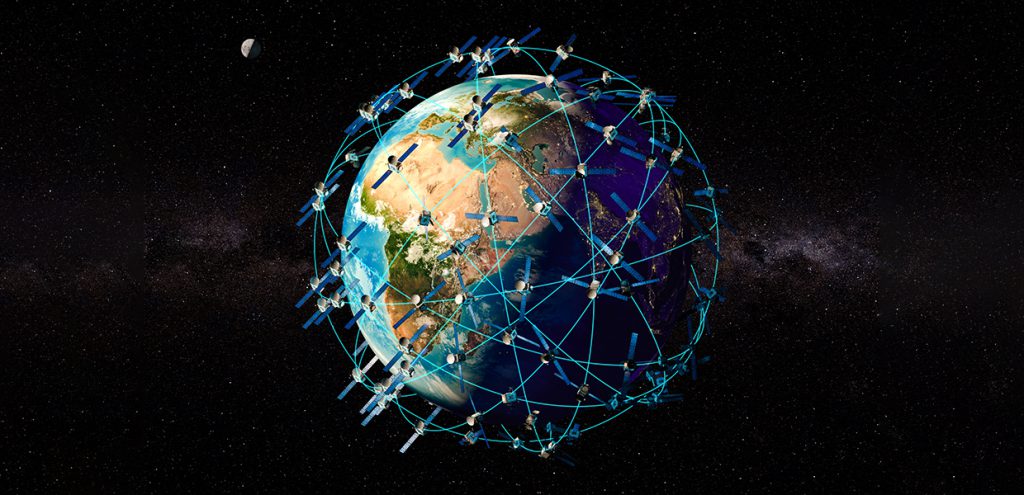Unlocking the Power of GNSS: Precision Positioning’s Vital Role in Geospatial Technology
Geospatial World
Sep 19, 2023

In a world where precision, accuracy, real-time information, and connectivity are paramount, Global Navigation Satellite System (GNSS) and positioning technologies are emerging as unsung heroes. These technologies have a profound impact on our daily lives and have transformed the way we navigate, collect data, and make informed decisions.
While most of us associate GNSS with GPS navigation apps, it provides us with accurate positioning, navigation, and timing information that enables us to find our way, track shipments, and even predict the weather with remarkable accuracy. Positioning is the fundamental aspect of geospatial technology. Whether you’re mapping out a new infrastructure project or monitoring a changing landscape, precise positioning is the cornerstone of capturing accurate spatial data.
Use in the geospatial industry
From the geospatial perspective, GNSS and positioning are the bedrock on which our maps are built. Whether it’s monitoring changes in the environment, surveying remote areas, or ensuring the precision of infrastructure projects, GNSS is the invisible force that ensures that our data is accurate and up to date.
The performance of GNSS is assessed using four criteria:
Accuracy: the difference between a receiver’s measured and real position, speed or time;
Integrity: a system’s capacity to provide a threshold of confidence and, in the event of an anomaly in the positioning data, an alarm;
Continuity: a system’s ability to function without interruption;
Availability: the percentage of time a signal fulfils the above accuracy, integrity and continuity criteria.
To delve deeper into this innovative and groundbreaking technology, join us at GeoSmart India. We offer a unique opportunity to explore the world of GNSS and precision positioning. This event promises a journey of discovery and will cover topics such as understanding PNT (Positioning, Navigation, and Timing) vulnerability, the development of A-PNT (Alternative PNT) technology, the importance of a nation’s own PNT capabilities and strengthening them, exploring the responsible use of PNT, and engaging in debates and presentations on NaVIC/IRNSS, among many other transformative topics.